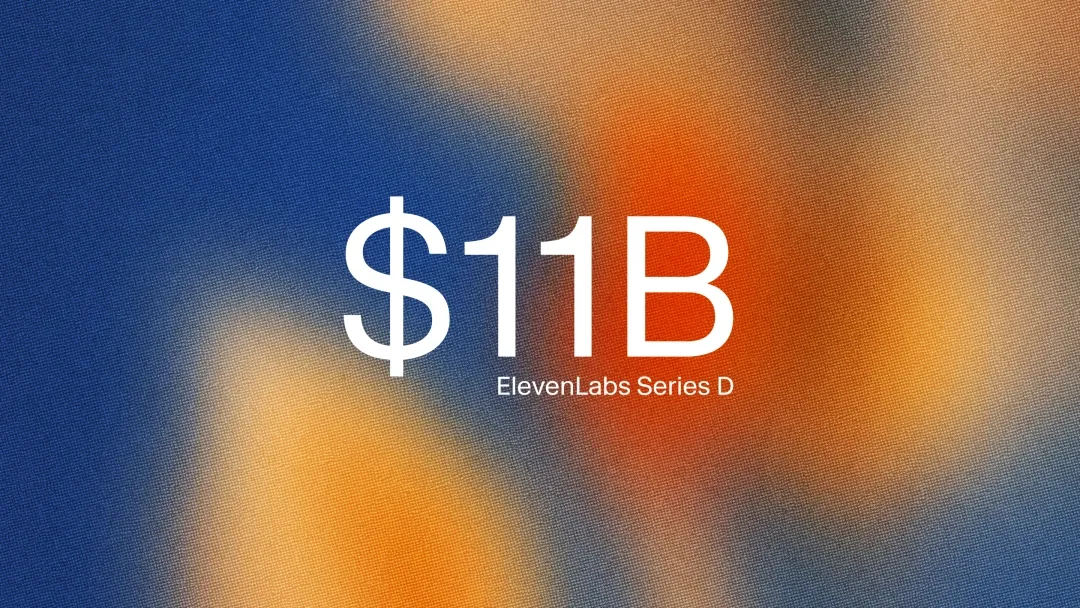A research team from MIT and other institutions—including The University of
Queensland, Future of Life Institute, and KU Leuven—have unveiled the AI Risk Repository, a database that contains 777 unique risks related to artificial intelligence. According to the research team behind the AI Risk Repository, this is "the first attempt to rigorously curate, analyze, and extract AI risk frameworks into a publicly accessible, comprehensive, extensible, and categorized risk database." With this effort, the researchers aim to provide a unified resource to anyone navigating the complex landscape of AI risks.
The classified risks were extracted from 43 taxonomies and organized according to a two-dimensional classification system. The causal taxonomy from the classification system has entity, intent, and timing factors, which account for who, why, and when AI risks occur. The domain taxonomy sorts each identified risk into seven domains—including discrimination & toxicity, privacy & security, and misinformation—and 23 subdomains.
The database is free to access and copy, and the taxonomies can be used separately or in tandem to understand how certain aspects affect each other; for instance to better comprehend the distinction between intentional and unintentional variations of Discrimination & toxicity. The research team actively looks for feedback and missing AI risks so the database is as up-to-date as possible, so it remains a useful tool for key audiences including policymakers, risk evaluators, academics, and industry representatives.







Comments